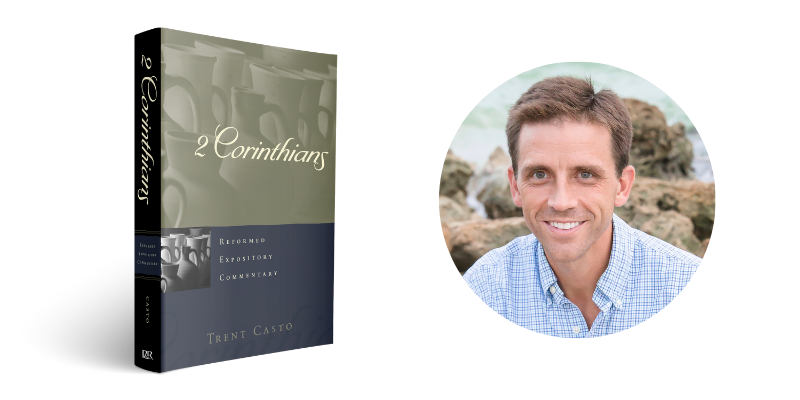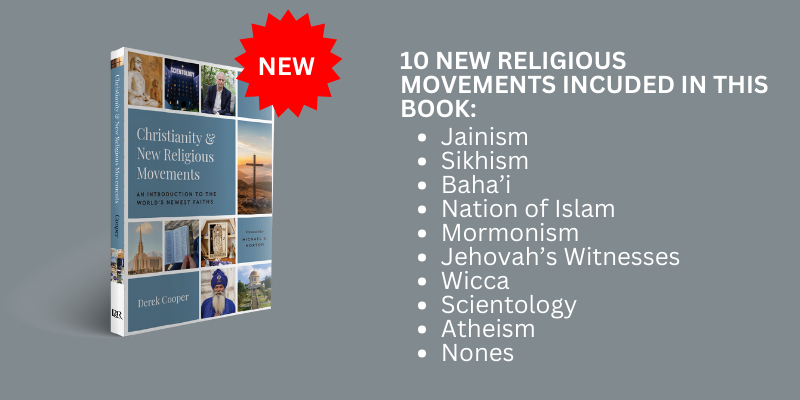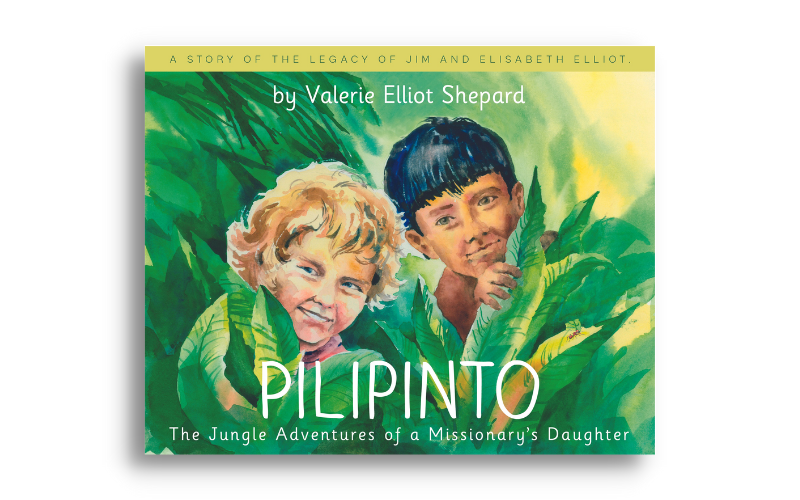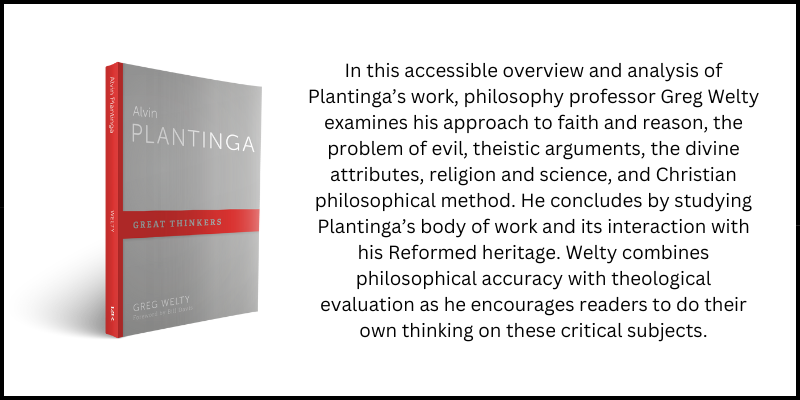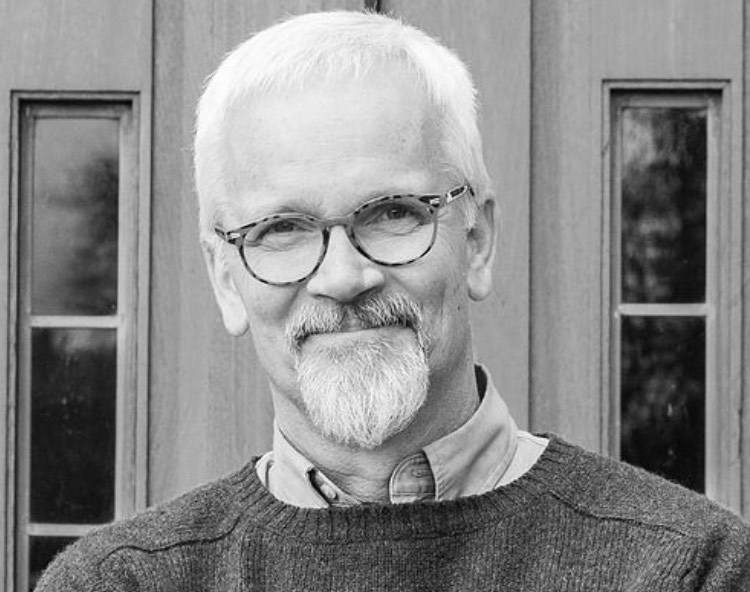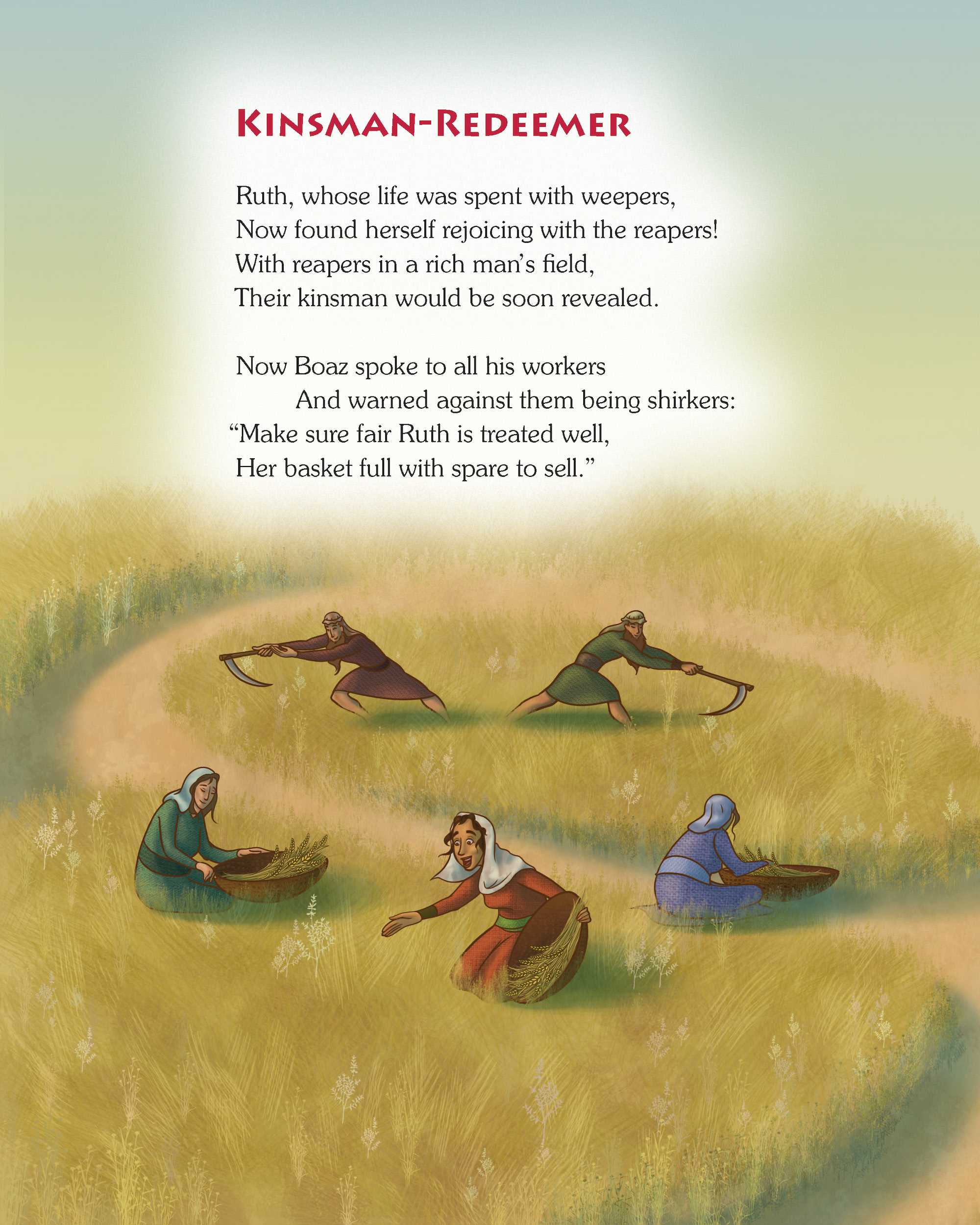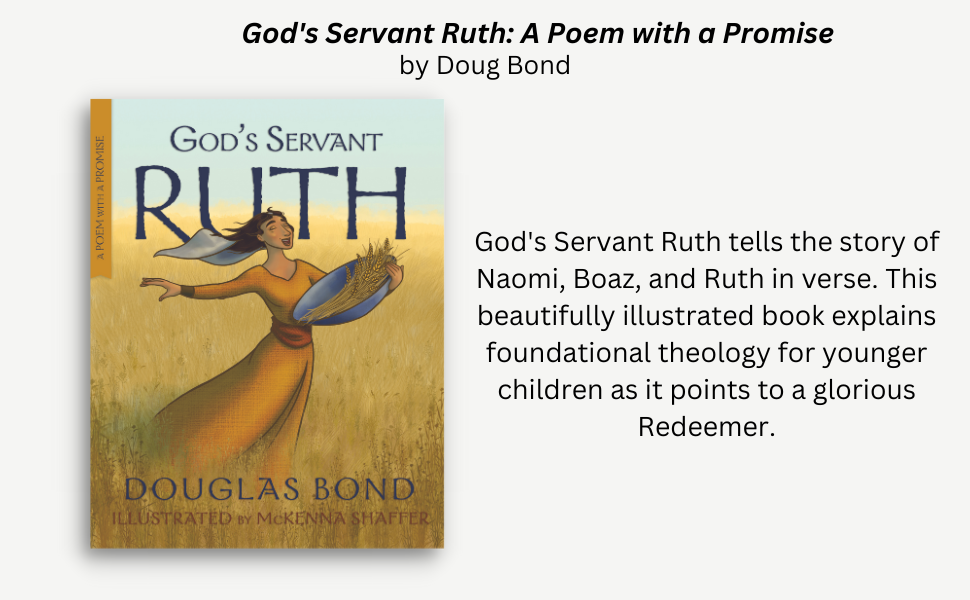While I was pastoring a small church during my seminary years, Paul’s second letter to the Corinthians was the firstbook of the Bible I ever preached. It is a testament to how little I knew then that out of all the books of the Bible, I would choose to preach this one first. And yet, as is always the case, the Lord’s strength was made manifest in myweakness. Sixteen years later, and still not really knowing what I was getting into, I was led to preach again through this letter to the people of Covenant Church of Naples. When I planned the series, “God’s Strength in Our Weakness,”
I had no idea of the events that would unfold in the year 2020. But God knew. And week after week he spoke to us through this holy and inspired text. In a year when I felt more keenly than ever my own weakness as a pastor, the Lordwas bringing forth his strength.
Many of these sermons were originally applied to the pressing issues of 2020, such as our individual and collective responses to the COVID19 pandemic, tremendous racial tensions, and a deeply contentious presidential election.Preachers of the Word must apply the truth of the gospel to the people in their local context with specificity. Interest-ingly, the sermons that packed the most powerful punch in real time because of their specificity tended to be the weak- est when I revisited them more than a year after the events they related to. In editing, I have sought to expand those applications for a more universal time and audience. I trust that in these general applications pastors will still see pathsto more specific application among your own people for the pressing needs of the day.
Additionally, I have sought to keep the text of each chapter of this commentary as close to the actual sermon I preached as possible, showing mostly only the fruit of my exegetical work rather than the work itself. But I have made use of footnotes where I thought it would be helpful for preachers and teachers to see why I came to the conclusions I did. Moreover, I have included some additional quotes in the footnotes that did not make it into my sermons, but may well be low-hanging fruit for your own purposes.
In my opinion, 2 Corinthians is Paul’s most intensely personal and pastoral letter of all. This fact makes it difficult in many instances to fully grasp what he is driving at, and also at times gives the letter a disjointed feel. Consequently,some excellent scholars believe that the letter should not be understood as one unified whole. While I acknowledge the difficulties, I will attempt to show in my exposition that 2 Corinthians is still best understood as one cohesive letter, asall the extant manuscripts indicate.
With this preface, I also offer this prayer for you who teach and preach God’s Word. May the God who said, “Let light shine out of darkness” shine in your hearts “to give the light of the knowledge of the glory of God in the face of Jesus Christ” (2 Cor. 4:6).
Trent Casto (MDiv, Covenant Theological Seminary; DMin, Gordon-Conwell Theological Seminary) is the author of 2 Corinthians and senior pastor at Covenant Church of Naples (PCA) in Naples, Florida. He and his wife, Emily, have three children. Visit Trent’s blog at https://trentcasto.com/.


